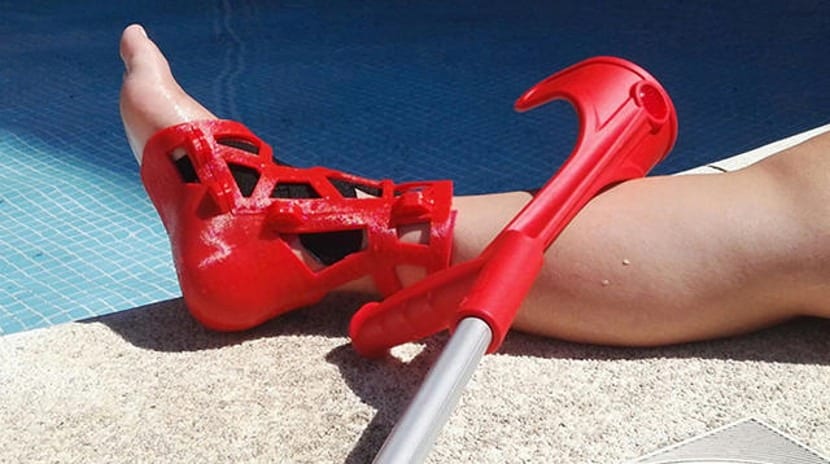
For years they have been advertising the use of printed splints for the rehabilitation of broken bones. A process that would replace the traditional plaster. But so far, this use has been rather domestic, using it two or three private clinics. However, in Malaga, its use has passed to Public Health, being a great success not only for patients but also for Social Security and for a company called Fiixit.
About us Fiixit uses 3D printers to create printed splints that allow a better quality of life for its user. Furthermore, when they are printed, their costs are lower and that has led both the Andalusian Social Security and private clinics to opt for this system. The use process is very simple. The patient goes to the Fiixit headquarters and requests the splint. A 3D model of the splint is made, which only takes 20 seconds, to be able to be used in a 3D printer. Printing is done with PLA material on a Wiitbox 2 printer.
This means that the user can not only lead a normal life with this splint but can also clean themselves without any problem, since the material is waterproof and not smooth Instead, it has a grid design that allows water to enter and exit. The design is usually fine, which means that we can also use the splint with clothing without it being hardly noticeable.
Fiixit is based in Malaga and at the moment it only works with health centers in the area, but its success is making it possible to expand to other provinces of Spain in a short time. This development may not represent a big change for society, but it will undoubtedly improve the quality of life for many patients.